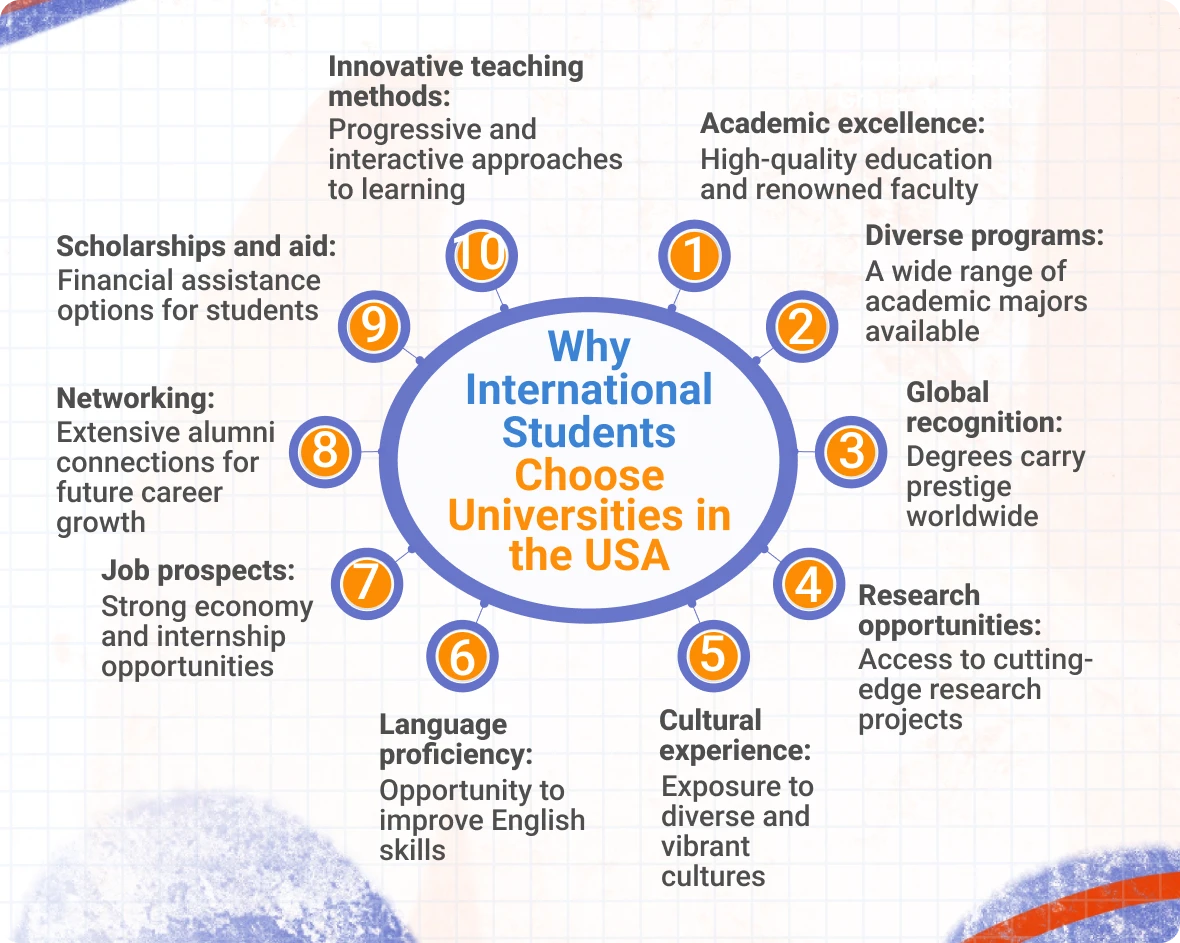Embarking on a psychology degree paves the way for a deep dive into the human mind, opening doors to understanding what drives behavior and emotion. It’s a quest to decipher the complex code of human experience, melding science and insight to navigate the intricate labyrinth of mental processes. With a psychology degree, you become the architect of knowledge, constructing a foundation that supports a range of careers from therapy to research. Each lesson brings you closer to the core of human nature, equipping you with tools to impact lives and society.
Exploring the Psychology Degree: A Journey Towards Understanding the Mind
Diving into the realm of psychology can be likened to embarking on an exciting expedition into the human mind. A psychology degree is not just a pathway to a profession; it’s an exploration of the deepest intricacies of human behavior, emotion, and cognition. In this thorough dissection of a psychology degree, we’ll navigate through the nitty-gritty aspects, from the types of degrees available to the diverse career paths one can pursue post-graduation. Let’s unravel the layers of this fascinating field of study.
The Fundamentals of a Psychology Degree Program
Before one can set their sights on the prospects of a career in psychology, understanding the basics of what the degree entails is crucial. Psychology degree programs are designed to provide a broad foundation in understanding human behavior and mental processes.
- **Coursework**: A typical psychology program encompasses a variety of topics such as developmental psychology, social psychology, cognitive psychology, abnormal psychology, and biopsychology. A well-rounded curriculum ensures that students are well-versed in multiple aspects of human behavior.
- **Research Methods and Statistics**: A cornerstone of any psychology degree is a firm grasp of research methods and statistics, which are vital for analyzing data and conducting empirical studies.
- **Practical Experience**: Many programs include an opportunity for internships or placements that allow students to gain hands-on experience in the field.
- **Thesis or Capstone Project**: Depending on the level of the degree, a student may be required to complete a thesis or capstone project that demonstrates their ability to apply psychological concepts to real-world problems.
Types of Psychology Degrees: From Bachelor’s to Doctorates
The journey in psychology education begins with undergraduate studies but extends much further. Each degree level serves a different educational and professional purpose.
Bachelor’s Degree in Psychology
Most students start their journey with a Bachelor of Arts (BA) or Bachelor of Science (BS) in Psychology. This degree lays the groundwork for understanding basic psychological principles and typically takes about four years to complete.
Master’s Degree in Psychology
For those looking to deepen their expertise, a Master’s degree in Psychology is the next step. This graduate-level degree allows for specialization in areas such as clinical psychology, organizational psychology, or counseling. It usually requires one to two years of study beyond the bachelor’s degree.
Doctoral Degrees in Psychology
A Doctorate in Psychology (Ph.D. or PsyD) is the highest level of education in the field. It is essential for those aiming to practice as licensed psychologists or to engage in high-level research or academic positions. Doctoral programs are rigorous and usually require four to seven years to complete, including the dissertation.
Career Opportunities with a Degree in Psychology
A psychology degree can pave the way for a multitude of career opportunities, ranging from direct patient care to roles in business and education. Let’s examine the variety of professional avenues one can venture into.
- **Clinical Psychologist**: These professionals work in various settings, including private practices, hospitals, and mental health clinics, providing therapy and counseling services.
- **School Psychologist**: Working within educational institutions, school psychologists support student learning and well-being through assessment and intervention strategies.
- **Forensic Psychologist**: These psychologists apply psychological principles within the legal and criminal justice system.
- **Industrial-Organizational Psychologist**: Focusing on workplace behavior, these professionals help businesses improve productivity and employee satisfaction.
- **Researcher or Academic**: Many psychology graduates pursue careers in research, teaching at universities or conducting studies in various psychological topics.
Specializations within the Psychology Field
The sphere of psychology is rich with specialized fields, each offering unique perspectives and expertise.
Clinical Psychology
This specialty is concerned with diagnosing and treating emotional, mental, and behavioral disorders. Clinical psychologists may work with specific populations, like children or the elderly, or focus on specific disorders.
Counseling Psychology
Counseling psychologists assist people with physical, emotional, and mental health issues to improve their sense of well‐being, alleviate feelings of distress, and resolve crises. They often work in schools, hospitals, or businesses.
Child and Adolescent Psychology
Focused on the psychological development of individuals from infancy through adolescence, this specialty addresses a range of issues from developmental disorders to social influences on behavior.
Neuropsychology
Neuropsychologists study the structure and function of the brain as they relate to specific psychological processes and behaviors. They often work with patients who have suffered from a brain injury or have brain-based disorders.
Sports Psychology
This field combines psychological knowledge and techniques with sports and exercise. Sports psychologists might work with athletes to improve performance or to deal with the psychological impact of injury.
The Importance of Accreditation and Licensing
For psychology students, attending an accredited institution is paramount to ensure their degree is recognized and to qualify for professional licensing.
- **Accreditation**: Accredited programs meet the standards set by a national or regional accrediting agency. This recognition is crucial for graduate school admission and employer recognition.
- **Licensing**: In order to practice as a psychologist, most states require a doctoral degree, a certain number of supervised hours, and passing a licensure exam, such as the Examination for Professional Practice in Psychology (EPPP).
What Can You Do with a Bachelor’s in Psychology?
While a bachelor’s degree in psychology does not qualify graduates to practice as psychologists, it does open doors to various entry-level positions in related fields.
- **Human Resources**: You can apply understanding of human behavior to help recruit, train, and manage employees within an organization.
- **Case Management**: Bachelor’s graduates often work in social services assisting clients with various personal issues.
- **Market Research**: Use psychological principles to understand consumer behavior and apply this knowledge to marketing strategies.
- **Social Work**: With further certification, a psychology bachelor’s degree can be a stepping stone into a career in social work.
Navigating Graduate School Admissions
For those targeting advanced degrees, navigating the graduate admissions landscape is a critical step.
- **Prerequisites**: Ensure you have completed any prerequisites required for the program, which may include specific undergraduate courses or field experience.
- **GRE Scores**: Many programs require the Graduate Record Exam (GRE), so be prepared to study and achieve a competitive score.
- **Personal Statements**: Your opportunity to shine, a compelling personal statement can showcase why you’re an ideal candidate for the program.
- **Letters of Recommendation**: Strong recommendations from professors or professionals in the field can bolster your application significantly.
Pursuing a Psychology Degree Online
In today’s digital age, obtaining a psychology degree online has become an increasingly popular and viable option. Online programs offer flexibility for those balancing education with work or other commitments.
- **Accredited Programs**: Just like traditional on-campus programs, make sure the online program you choose is accredited.
- **Interactive Content**: Look for programs that offer interactive elements such as live lectures, discussion forums, and virtual office hours.
- **Self-Paced Learning**: One of the benefits of online education is the ability to progress through the coursework at your own pace.
- **Technology Requirements**: Ensure you have access to the necessary technology, including a reliable computer and internet connection.
Embarking on a journey toward a psychology degree is a profound commitment to understanding the human condition and applying that knowledge in meaningful ways. Whether your path leads to providing therapeutic support, conducting groundbreaking research, or enhancing organizational productivity, the psychology field offers a rich tapestry of opportunities for the curious and driven individual. As you consider your educational and career trajectory in psychology, remember that this degree is not just about obtaining knowledge—it’s about transforming that knowledge into positive action for individuals and communities. Your adventure in psychology awaits, and the first step is choosing the degree that aligns with your aspirations and setting forth on this life-changing educational path.
10 Psychology Careers To Know About
Frequently Asked Questions
What career opportunities are available with a psychology degree?
A psychology degree opens the door to a variety of career paths. Graduates can pursue roles in clinical or counseling psychology, which may require further education or certification. Other paths include school psychology, industrial-organizational psychology, forensic psychology, and research roles. Those interested in applied psychology can find positions in human resources, marketing, and user experience design. Furthermore, a psychology degree equips individuals with skills applicable to careers in social work, education, and mental health advocacy.
Is it necessary to obtain a graduate degree in psychology to practice clinically?
Yes, to practice as a clinical psychologist, one typically needs to obtain a graduate degree, such as a Doctor of Psychology (PsyD) or a Doctor of Philosophy (PhD) in Psychology, followed by a period of supervised clinical experience. Most states also require passing a professional exam to become licensed. However, those with a bachelor’s or master’s degree in psychology may still find roles in various support and assistant positions in mental health settings.
How can I specialize further after completing my undergraduate psychology degree?
After completing an undergraduate degree, specializing further in psychology often involves pursuing a graduate degree, where one can focus on areas such as child psychology, neuropsychology, or health psychology, to name a few. During graduate studies, students can also engage in specific research projects, internships, and clinical training to refine their expertise in their chosen specialty.
What skills will I develop during a psychology degree program that are transferable to other fields?
During a psychology degree program, students gain a wealth of transferable skills including critical thinking, data analysis, understanding of human behavior, communication, problem-solving, and empathy. These skills are highly valued across numerous fields such as education, law, business, and healthcare, making psychology graduates versatile in the job market.
How long does it typically take to complete a psychology degree?
A bachelor’s degree in psychology typically takes four years of full-time study to complete. Those wishing to pursue a master’s degree can expect to spend an additional two years, while doctoral programs can range from four to seven years, depending on the nature of the program and the pace at which the student completes their dissertation and other requirements.
Can I pursue a psychology degree online, and will it be taken seriously by employers?
Yes, many reputable institutions offer online psychology degrees that are respected by employers, especially as online education becomes more prevalent. Accreditation is key; ensure the program is accredited by a recognized accrediting body. Online degrees offer flexibility, but it’s important to gain hands-on experience through internships or volunteer work to enhance employability.
Final Thoughts
A psychology degree offers a broad understanding of human behavior and mental processes, equipping graduates with diverse career opportunities. Whether in clinical settings, educational institutions, or industry roles, the knowledge and skills gained are universally applicable and highly valued.
In summary, embarking on a psychology degree can be a significant step towards a fulfilling career, providing a deep insight into the workings of the mind and a solid foundation for future specialization. The versatility of this degree ensures that students can adapt their expertise to various professional paths.







